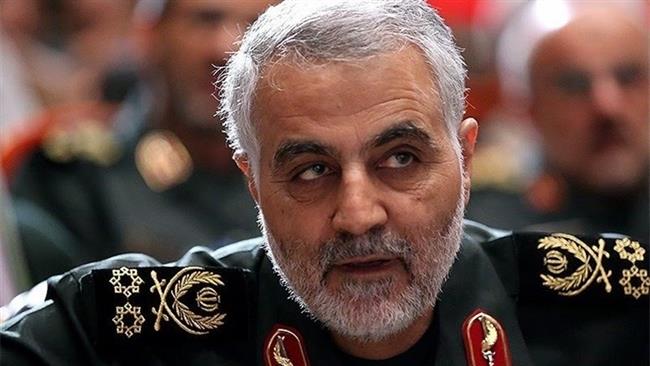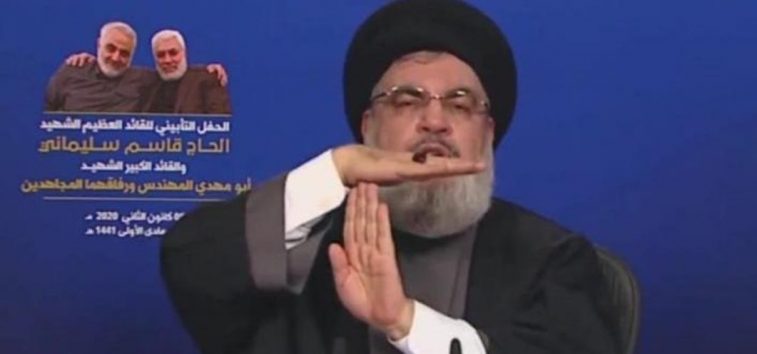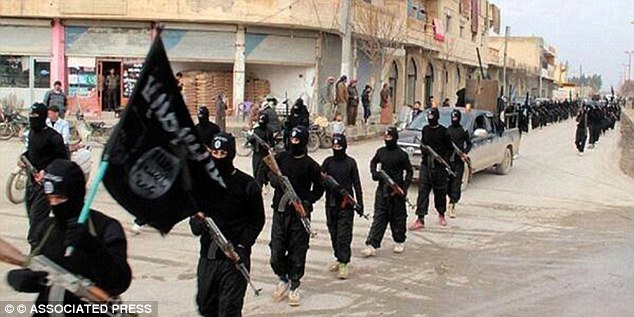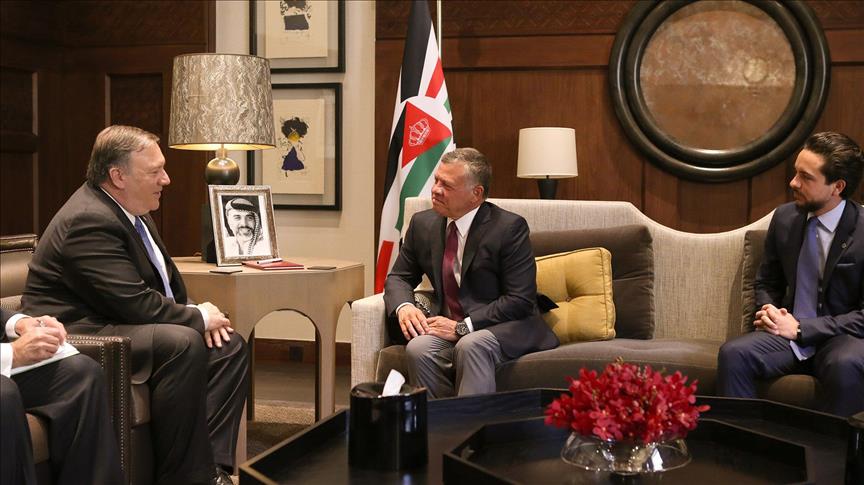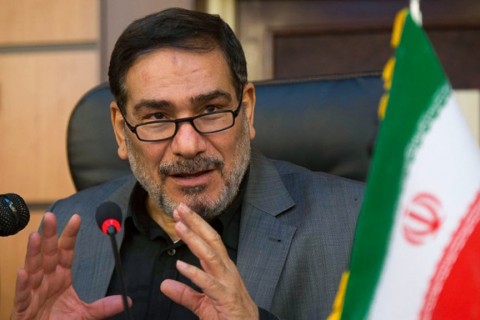“It is enough that he was practically the one who created what is now called the axis of resistance,” Hajj Sadiq, Hezbollah field commander who used to accompany martyr Qassem Suleimani on his jihadi rounds, told Al-Ahed news website.
Publish dateThursday 16 January 2020 - 01:32
Story Code : 200831
In an interview with the website, the Islamic Resistance Commander highlighted some of General Suleimani’s jihadi life characterized by calm and great accuracy.
“Work wise, he was the clearest and most recent example of the concept of leadership in Islam. Because I know him and have accompanied him, I believe that theories of leadership, management as well as military and field control need to be reviewed looking back at this person’s role, impact and behavior.”
According to the article, Hajj Sadiq stressed that martyr Suleimani’s physical presence can never be compensating, but that the model of a moral jihadist and leadership school that he established will make up for his absence.
Hajj Sadiq alsop highlighted the close relationship between martyr Suleimani and the mujahideen, adding that he used advise them keenly and realistically.
“He was concerned with the mujahideen’s most accurate daily and combat details, including their sleeping accommodations, their sustenance, their psychological and spiritual conditions, their communication with their families and everything that could make them feel secure and belong to this holy jihadist line. He was even concerned with the conditions of ordinary citizens who support the organizations that were fighting us and made sure not to harm them.”
“Killing him this way, during this time, with his companions, is a juncture in the struggle with our enemy. Soleimani succeeded in breaking the prestige and power of the American giant in the region. He paved the way for us to get rid of it. He showed us the shortest way to expel it humiliated. He was, without a doubt, the largest nail in the coffin of the Americans in our region.
From Palestine, to Lebanon, to Syria and Iraq and farther away, the martyred lieutenant general went on a jihad streak helping the oppressed against the oppressor and the weak against the arrogant, according to the article.
On January 3, a US drone attack targeted a vehicular convoy for the head of the IRGC Al-Quds Force General Qassem Suleimani and the deputy chief of Hasd Shaabi Committee Abu Mahdi Al-Muhandis, claiming both of them in addition to a number of their companions.
On January 8, the Iranian rocketry forces responded by firing 13 ballistic missiles at the US military base of Ain Al-Asad in Iraq’s Anbar, causing heavy losses upon it.
“Work wise, he was the clearest and most recent example of the concept of leadership in Islam. Because I know him and have accompanied him, I believe that theories of leadership, management as well as military and field control need to be reviewed looking back at this person’s role, impact and behavior.”
According to the article, Hajj Sadiq stressed that martyr Suleimani’s physical presence can never be compensating, but that the model of a moral jihadist and leadership school that he established will make up for his absence.
Hajj Sadiq alsop highlighted the close relationship between martyr Suleimani and the mujahideen, adding that he used advise them keenly and realistically.
“He was concerned with the mujahideen’s most accurate daily and combat details, including their sleeping accommodations, their sustenance, their psychological and spiritual conditions, their communication with their families and everything that could make them feel secure and belong to this holy jihadist line. He was even concerned with the conditions of ordinary citizens who support the organizations that were fighting us and made sure not to harm them.”
“Killing him this way, during this time, with his companions, is a juncture in the struggle with our enemy. Soleimani succeeded in breaking the prestige and power of the American giant in the region. He paved the way for us to get rid of it. He showed us the shortest way to expel it humiliated. He was, without a doubt, the largest nail in the coffin of the Americans in our region.
From Palestine, to Lebanon, to Syria and Iraq and farther away, the martyred lieutenant general went on a jihad streak helping the oppressed against the oppressor and the weak against the arrogant, according to the article.
On January 3, a US drone attack targeted a vehicular convoy for the head of the IRGC Al-Quds Force General Qassem Suleimani and the deputy chief of Hasd Shaabi Committee Abu Mahdi Al-Muhandis, claiming both of them in addition to a number of their companions.
On January 8, the Iranian rocketry forces responded by firing 13 ballistic missiles at the US military base of Ain Al-Asad in Iraq’s Anbar, causing heavy losses upon it.
avapress.net/vdcdsz0xfyt0zj6.em2y.html
Tags
Top hits
